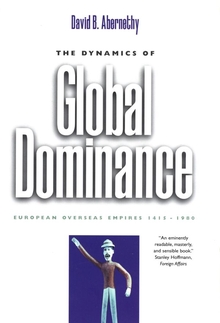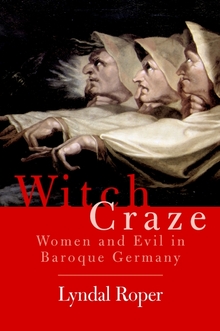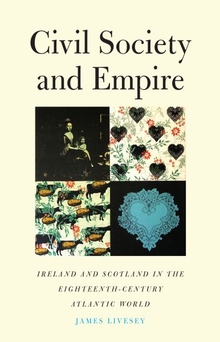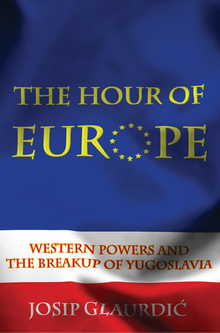Matters of Exchange
WARNING
You are viewing an older version of the Yalebooks website. Please visit out new website with more updated information and a better user experience: https://www.yalebooks.com
Commerce, Medicine, and Science in the Dutch Golden Age
Harold J. Cook
In this wide-ranging and stimulating book, a leading authority on the history of medicine and science presents convincing evidence that Dutch commerce—not religion—inspired the rise of science in the sixteenth and seventeenth centuries. Harold J. Cook scrutinizes a wealth of historical documents relating to the study of medicine and natural history in the Netherlands and elsewhere in Europe, Brazil, South Africa, and Asia during this era, and his conclusions are fresh and exciting. He uncovers direct links between the rise of trade and commerce in the Dutch Empire and the flourishing of scientific investigation. Cook argues that engaging in commerce changed the thinking of Dutch citizens, leading to a new emphasis on such values as objectivity, accumulation, and description. The preference for accurate information that accompanied the rise of commerce also laid the groundwork for the rise of science globally, wherever the Dutch engaged in trade. Medicine and natural history were fundamental aspects of this new science, as reflected in the development of gardens for both pleasure and botanical study, anatomical theaters, curiosity cabinets, and richly illustrated books about nature. Sweeping in scope and original in its insights, this book revises previous understandings of the history of science and ideas.
"Cook challenges existing interpretations of the rise of science during the early modern period and provides an immensely informative overview of science and medicine in the Dutch Golden Age."—Mark Harrison, University of Oxford
"Matters of Exchange is a magisterial book linking science and commerce. From now on, 'the Scientific Revolution' has a Dutch accent."—Mary E. Fissell, Johns Hopkins University
"In this ground-breaking book, Professor Cook investigates the way in which the unprecedented growth in global knowledge in the Netherlands in the sixteenth and seventeenth centuries accompanied, and reflected the rapid expansion of the Dutch global commercial empire. Meticulously tracking the relations between these two areas of activity, Cook argues vividly and convincingly that in the case of medicine, commerce and the rise of a recognisable modern practice went hand in hand, and that, in general, across Europe, a new global economy marked the beginnings of science as we know it. A book of real importance for all cultural historians and historians of science of the early modern period."—Lisa Jardine, Director of the Centre for Editing Lives and Letters, and Centenary Professor of Renaissance Studies, Queen Mary, University of London
[You are welcome to edit my text]
“Matters of Exchange is an important book. It expertly weaves together the micro-historical slant of recent history of science with the larger questions of global history. Readers may choose to approach it as an encyclopaedic handbook of seventeenth-century Dutch science, or as a theoretical argument about the core of modern science. In either case, they will find its careful perusal a highly rewarding pursuit.” - Daniel Margocsy, Nuncius, Vol. XXIII, 2
Publication Date: September 23, 2008
60 b/w illus.








